Japan Discovery How Japanese people think “水に流す(let it flow in water)”
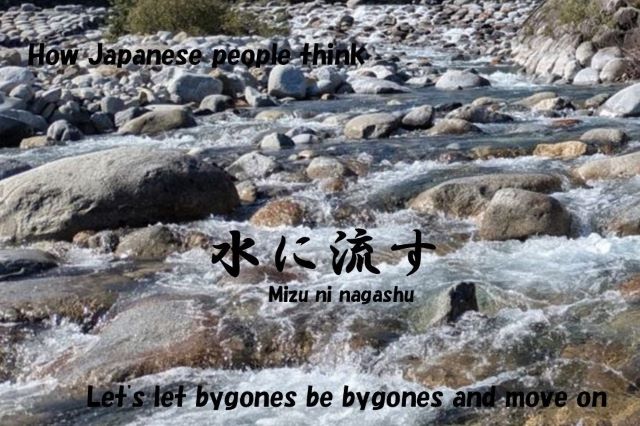
In a word, Japan is a land of water. It is surrounded by the sea, and rivers flow wherever you go, and there are lakes and ponds everywhere, filled with water. It must be a surprising sight for people from desert countries. Because of this environment, there are many expressions that use water, such as “Mizu ga awanai. (The water disagree with me)," “Suihō ni kisu. (to come to nothing)," “Mizu kusai. (It was unfriendly)," “Mizu mo morashanu (Watertigh)," and “Mizu mo shitataru yoi otoko. (a man of striking good looks)." I would like to introduce one of them today, “Mizu ni nagasu (Let it flow in water)."
Before that, I would like to explain a little about “Mizu mo shitataru yoi otoko. (a man of striking good looks)" A good man is a handsome man. Among these handsome men, a man with outstanding good looks and charm is called a “Mizu mo shitataru yoi otoko. (a man of striking good looks)" It is a man who is fresh and shining like wet hair of a man who has just come out of the sea. Whether I wish I had been born as that kind of man is another story..

Japan, the country of water
Now, let’s talk about “lMizu ni nagasu (Let it flow in water)". If you look down on the ground in the summer in Japan on an airplane, you will see a landscape of green, except for the coastline and the cities. This green is nurtured by abundant water. Water is supplied by rain that falls all year round. There is a rapeseed rainy season in early spring, a rainy season in early summer, long rains in autumn, and snowfall in winter.
Ancient Japanese people called a country full of water and greenery “the land of Mizuho". Mizuho means fresh ears of rice. It is also called “the land of abundant reed fields and 1,500 autumn waters". Reeds are plants that grow near rivers and lakes. Reeds make a reed field that covers the whole area. This also symbolizes the abundance of water.
Japan does not have a large amount of flat land. Abundant rain falls on the mountainous areas that make up 75% of the country’s land area. The river flows fast through steep land, washing everything away with great force. The phrase “Let it flow in water" was born from this environment.

Let’s let bygones be bygones and move on
“Sono hanashi wa mou mizu ni nagaseou." (Let’s let that storyi flow in water)
“Sono shitupai wa mizu ni nagaseouya" (Let’s let that failure flow in water)
Japanese people sometimes use this phrase in work and daily life. It is used when there is a fight or a problem and the atmosphere is not good. When a problem occurs, bad feelings remain between individuals or within an organization, and relationships and work do not go well.
That is where this phrase comes in. Someone suggests that we forget all the good and bad feelings related to the problem, let everything go and start over with a new attitude. Saying “Let’s let that storyi flow in water" is a proposal for reconciliation or forgiveness.
“I’m sorry for saying such horrible things the other day, please forgive me."
“It’s okay now, let it flow in water."
“How about we just let that mistake flow in water ?"
“I’d be grateful if you could do that."
It’s like this. Japanese people let everything flow in watergo down . We don’t flush plastic bottles or garbage, though. From a foreigner’s perspective, Japanese people who can easily let go of anger, resentment, and sadness may simply be forgetful, and magic words like “let it flow in water" may not actually exist, but as the pirates in One Piece sing, Japanese people forget unpleasant things.
This character was born from Japan’s nature and rice cultivation. Japan is hit by typhoons every year, and earthquakes occur frequently. In that environment, rice cultivation has continued for a long time. In order to grow rice, it is necessary for all villagers to work together, such as maintaining rice fields, waterways, and roads, and managing the satoyama.
If villagers in such a community fight with each other, the timing of rice cultivation work may be missed, or a typhoon may come while the work is delayed. If the construction of waterways is delayed, there will be no water at the time of rice planting. It would be the worst if a typhoon comes while the harvest is delayed. Earthquakes sometimes come too. Godzilla may even come.
The Japanese have always been prepared for unforeseen natural disasters while cultivating rice. Anything that causes delays in work must be eliminated as quickly as possible. This also applies to emotional disputes. The wisdom of “let it flow in water" was born to quickly resolve such problems. Letting go of the past and starting afresh with a new attitude.
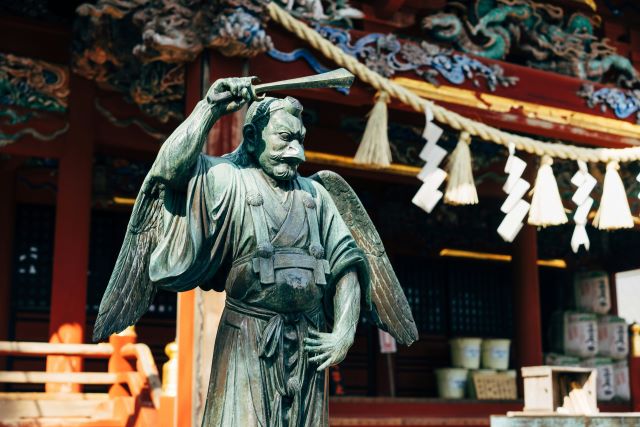
Impurity and purification
Furthermore, Japan has had a belief in “impurity" and “misogi" since ancient times. Impurity is something that brings misfortune to things and people who are unable to participate in religious ceremonies. Japanese people dislike impurity being on the body or entering sacred grounds, towns, villages, and homes. The shimenawa ropes and roadside gods at shrines are there to ward off impurity. Taking off your shoes when entering a house is also to prevent impurity on your shoes from entering the house.
Even if you commit small sins while living an ordinary life, Sometimes, when we step on impure land, our bodies become polluted. Misogi is a ritual to ward off this. Misogi first appears in the Kojiki and Nihon shoki, which were written in the Nara period. When Izanagi no Mikoto returned from the underworld, he bathed in the sea to wash his body and purify himself of the impurities of the underworld.
The basic form of misogi is to wash your body in a river or the sea, but there are many variations. Receive purification at a shrine Or, some people transfer the impurities to a paper doll and then let it flow into a river or the sea. Misogi is not an ostentatious ritual, but it is rooted in the daily life of Japanese people. When you visit a shrine, everyone washes their hands, right?
It’s something you do casually, but it is also a kind of proper misogi. It is an important ritual to visit a shrine with a clean body. Don’t forget to do it when you visit a shrine. Japanese people like bathing may also be the same. You soak in hot water to wash away the impurities that have accumulated in your daily life. It’s good to sleep well with a clean body.
“Misogi wa owatta, watashi wa yūkensha kara shonin sa reta." (Misogi is over, I have been entrusted by the voters.)
Politicians who have scandals often say this. It’s the idea that elections are misogi. Winning means that you have succeeded in washing away the bad scandals of the past. “let it flow in water"is a pretty important concept for Japanese people.
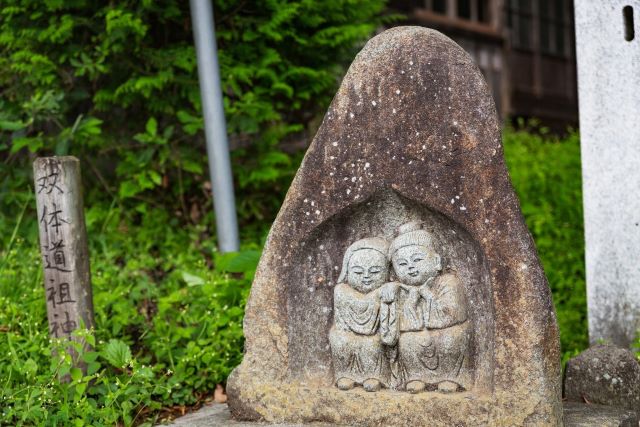
let it flow in water
“Mōshiwakenaikeredo, mizu ni nagashite moraemashen ka ?" (I’m sorry, but could you let it flow in water?)
The phrase “let it flow in water" was born from the belief in abundant water, rice cultivation, and purification. It means to make past events or problems disappear, or to forgive. When a Japanese person says this, they are asking for reconciliation, so it’s best to answer OK. If you can’t let it go, there’s nothing you can do.
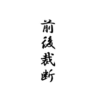
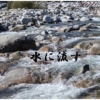
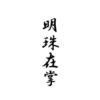
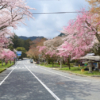

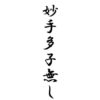
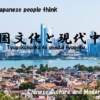
ディスカッション
コメント一覧
まだ、コメントがありません